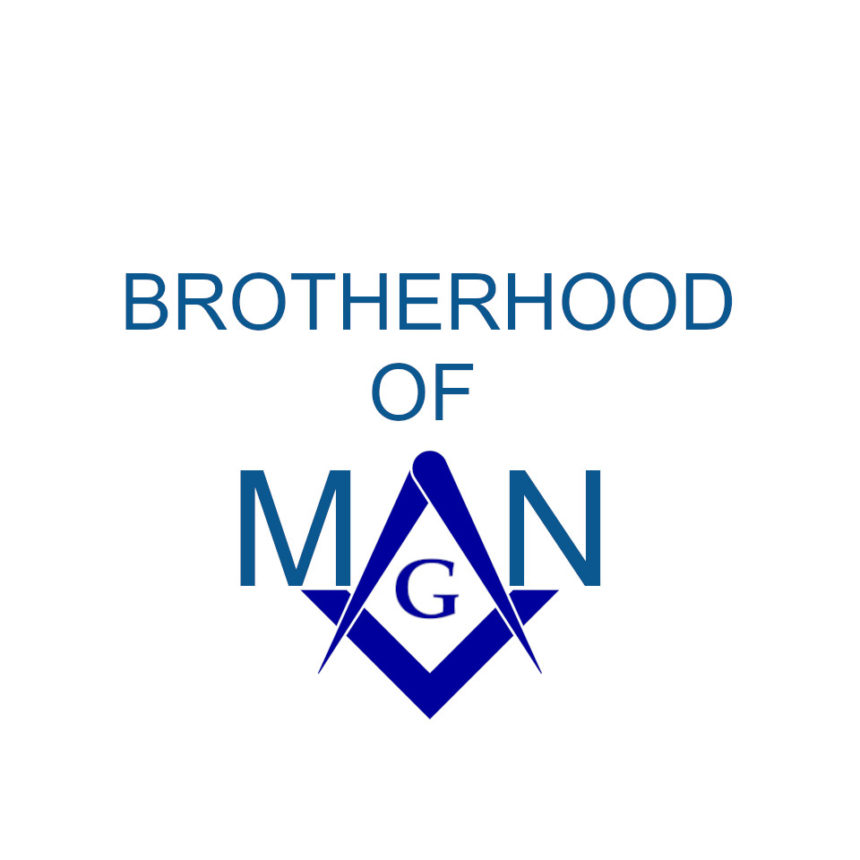Becoming a Freemason, or a member of a Masonic lodge, is a personal decision that individuals make for various reasons. Joining Freemasonry can offer a unique blend of social, philosophical, and philanthropic aspects, and people choose to become Masons for a variety of motivations, including:
Brotherhood and Camaraderie: Freemasonry provides a sense of brotherhood and fellowship among its members. It offers a supportive community where individuals from diverse backgrounds come together as equals, forming lifelong friendships and connections.
Personal Growth: Many people are attracted to the moral and ethical teachings of Freemasonry. The rituals and symbolism used in Masonic ceremonies are designed to promote personal development, self-improvement, and the cultivation of virtues.
Philosophical Exploration: Freemasonry has a rich history of philosophical inquiry. Members often engage in discussions about ethics, morality, and the nature of life, leading to intellectual stimulation and contemplation.
Charitable and Community Work: Freemasonry places a strong emphasis on charitable activities and community service. Many lodges engage in philanthropic efforts to make a positive impact on society, and being a part of such initiatives can be personally rewarding.
Tradition and History: Freemasonry has a long and storied history, dating back centuries. Some individuals are drawn to the tradition, symbolism, and rituals associated with Freemasonry, finding a sense of connection to the past.
Networking: Being a Mason can provide networking opportunities, especially in professional and social circles. Masonic lodges often have members from various walks of life, and these connections can be valuable in personal and professional spheres.
Cultural and Social Events: Freemasonry often hosts cultural and social events, which can be enjoyable for members and their families. These events provide opportunities to bond with other members and their families.
Sense of Purpose: Joining a Masonic lodge can give individuals a sense of purpose and belonging. Knowing that you are part of an organization that upholds principles of morality, charity, and mutual support can be fulfilling.
It’s important to note that Freemasonry is not a religious organization, and it does not interfere with an individual’s religious beliefs. Freemasonry encourages members to be active in their respective religious communities while promoting moral and ethical principles that are universal.


Leave a Reply